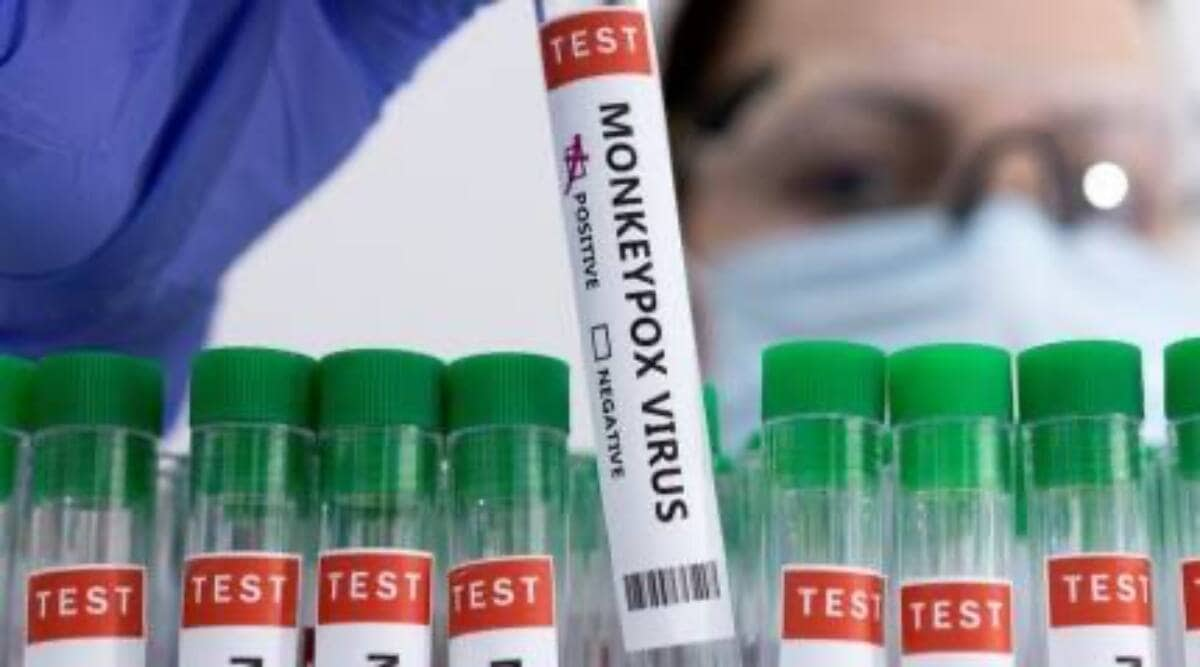 Monkeypox is a viral infection mainly transmitted from animals to humans, with limited transmission among humans in West and Central African countries. (Representational File Photo)
Monkeypox is a viral infection mainly transmitted from animals to humans, with limited transmission among humans in West and Central African countries. (Representational File Photo)A 35-year-old Nigerian national, living and working in Delhi for more than a year, tested positive for monkeypox Monday. He was admitted to Delhi’s nodal Lok Nayak hospital on Sunday and his samples were sent to the National Institute of Virology, Pune, for testing.
Two other Nigerian nationals suspected to have the infection were also admitted to the hospital late Sunday night and Monday afternoon. Although they have similar symptoms, their test reports are awaited.
“Two (the positive case and one of the suspected cases) were admitted to the hospital yesterday; their detailed history is being taken now by the surveillance teams. Both were working in city restaurants. Although not Indian nationals, they do not have a history of recent international travel,” according to a doctor from the hospital.
This is the sixth case of the viral infection detected in India — four persons from Kerala with a history of travel to UAE, of whom one died Saturday, and now two cases from Delhi.
Subscriber Only Stories
Delhi’s first case of the viral infection, a 34-year-old man from West district’s Paschim Vihar, continues to recuperate in the hospital. “He is stable and does not have symptoms other than lesions. He will be discharged once the lesions are completely healed,” said the doctor. Another suspect case had been admitted to the hospital but was discharged after being diagnosed with the common chickenpox.
The Centre has set up a task force, led by NITI Aayog member (health) Dr V K Paul, to monitor the situation in the country. The task force will include secretaries from the health ministry, pharmaceutical department, and biotechnology department.
Monkeypox is a viral infection that is mainly transmitted from animals to humans, with limited transmission among humans in West and Central African countries. Monkeypox spreads from person to person through close contact with someone who has monkeypox rash, but scientists are also looking at whether the disease is sexually transmitted.
The most common symptoms of monkeypox include fever, headache, muscle aches, back pain, low energy, and swollen lymph nodes, along with pox rashes that last for two to three weeks. It is a self-limiting disease but can lead to death, especially in children and those with weak immune systems. Complications of the infection include pneumonia, secondary skin infections, confusion, and eye problems.
- The Indian Express website has been rated GREEN for its credibility and trustworthiness by Newsguard, a global service that rates news sources for their journalistic standards.

